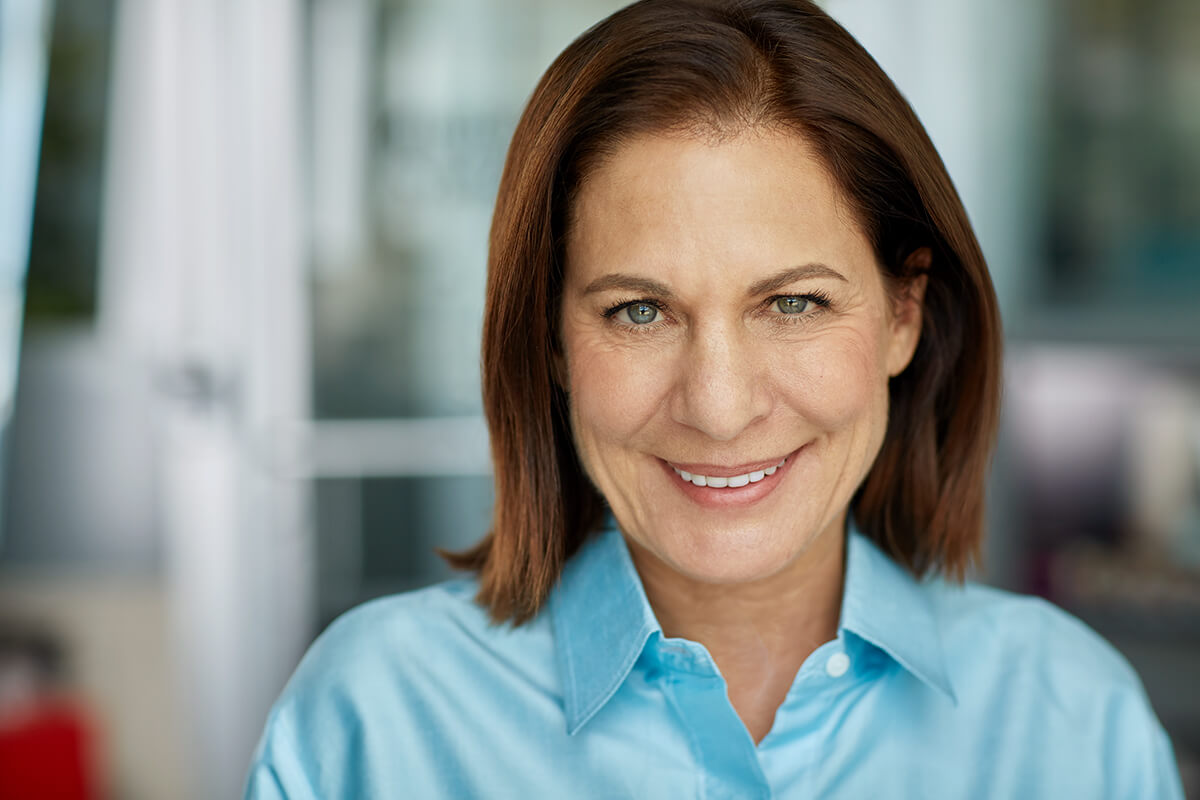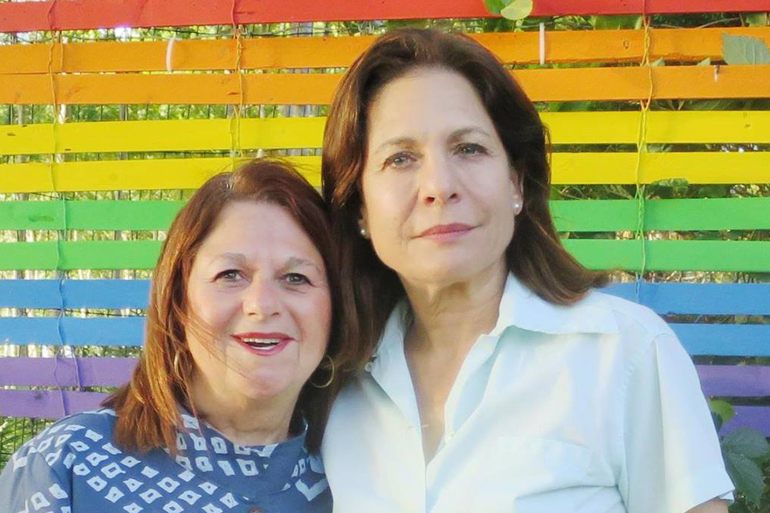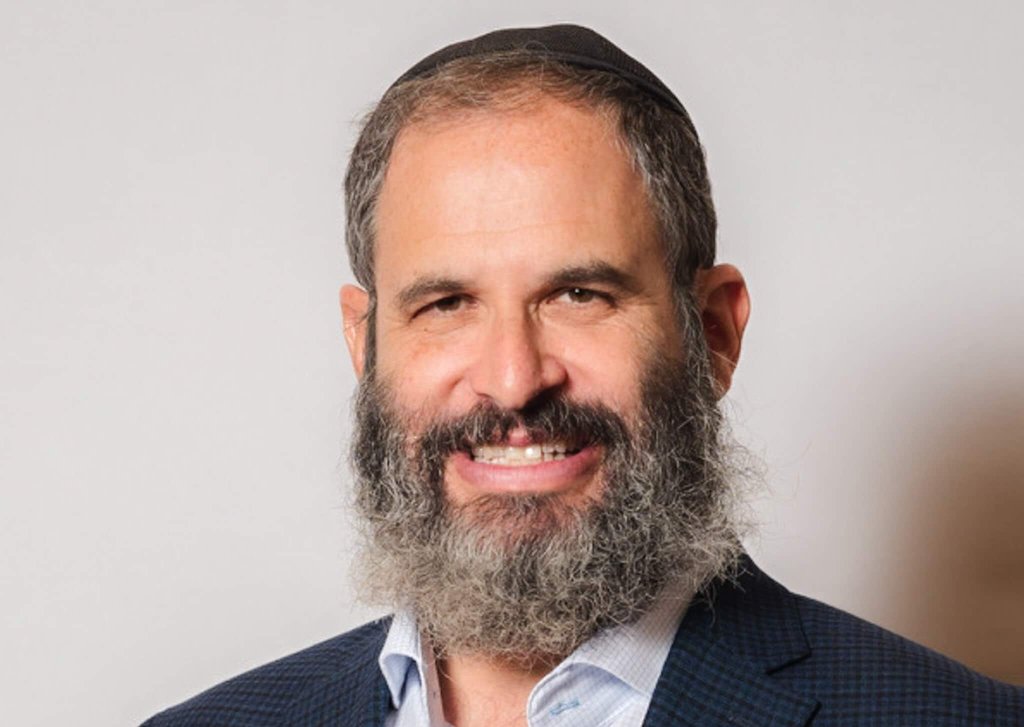Isa Goldberg's Second Act: Sag Harbor Writer to Harlem Actor

In November 2019, Dan’s Papers published the love story of writer Isa Goldberg and her wife, Nanette Shaw, as part of the short-lived “LGBT History in the Hamptons” series, the precursor to “Out East End.” Since then, Goldberg has entered a second act of sorts — trading her Sag Harbor home for a Harlem abode and shifting her focus from reviewing theater to acting in film, television and stage productions.
During her successful career as a theater reporter for news outlets including Dan’s Papers, Goldberg watched at least four shows per week and interviewed some of the East End’s greatest playwrights. From 2010–2015, she served as Drama Desk president, a prestigious position indeed, but when she witnessed the late Jan Maxwell perform in A City of Conversation at the Lincoln Center Theater, she realized her true calling.
Applying what she learned as a theater reporter to her budding career as a professional actor, Goldberg most recently starred as Sally in Sag Harbor playwright Lanford Wilson’s Fifth of July, a Columbia University MFA production that invited her on as a guest artist in an effort to have all parts played by age-appropriate professional actors. Other recent credits include mini-series The Crowded Room and Nurses Station, as well as films The Lady Makers and Bi-Coastal.
We spoke with Goldberg about saying goodbye to Sag Harbor, how her writing career influenced her acting career and other changes in this next chapter of her life. One thing didn’t change, however: her relationship with Shaw, now four decades strong. “We’re together. That’s the same,” Goldberg says.

A Chat with Isa Goldberg
How did your career as a theater reporter prepare you for your second act as a professional actor?
I got to watch the greatest actors in the world very close up for many years. In and of itself, it was a fantastic learning experience; you can’t compare night after night of watching the greatest actors walk the boards. It’s extraordinarily educational if you like acting and are interested in it.
Were you consciously studying the acting trade so you could put those learned skills to use?
I don’t know that I was trying to think of it as an acting workshop. It wasn’t. But I was always very interested in acting, and it’s probably what originally drew me to the theater. Performing is something that I found very exciting and challenging. So yes, when I had those opportunities to observe such fine work, it just inspired me a lot. …
I can perhaps explain it better by saying that I got to interview Lanford Wilson, who wrote the play that I was in, Fifth of July. I interviewed him at Guild Hall with Edward Albee and Terrence McNally. It was an EEGO (East End Gay Organization) event many, many years ago, and the topic of that particular conversation was “What Is a Gay Play?” or something about gay plays.
The opportunity to talk to a writer about his work is an enormous privilege if you’re an actor. So yeah, it had a great part in my understanding of theater and film and how to let people’s stories get told. I don’t like to say that I’m a storyteller because I don’t feel that’s quite accurate. I think actors are interpreters … responsible to the playwright who is the essential storyteller of it all in that respect.
Whereas lots of actors will say, “Yes, it helped me become a storyteller.” I think it would be more frank to say, “It helped me understand the role of acting in storytelling.”
What did you enjoy most about living in Sag Harbor, and when did you realize it was time to leave?
I enjoyed the sense of community that developed during those years when we were transitioning into (the new normal following the) Supreme Court ruling that same-sex marriage was acceptable. The gay community meant a lot to me when I was more middle-aged and becoming a part of the world in a way that adulthood can require.
We (Nanette and I) lived in Sag Harbor for some 40 years, and I would say that, probably, the first 25 years were the most enriching. As we got older and the community changed, and certain lifestyle matters changed as well, we became the older people in a young community rather than the young people going out to create a new kind of community. The part where we were creating a new kind of community was more exciting and inspiring.
And then the part where we aged out of a lot of the livelihood of the communities that we were living in and around … it made more sense to focus on where we felt our lives could grow more and grow well.
Living in Harlem is a wonderful experience for me. Every day I see things that I am not used to, having not lived in this part of the city before. I live in an absolutely lovely neighborhood across from a Muslim community center, which is a beautiful place to be across the street from because people who gather there often gather in their native garb, so it’s just like a colorful parade every weekend of people dressed and groomed in such beautiful and evocative ways. And it’s a very friendly community of people — ladies my age often stop and talk to me, constructively, in a helpful way, so it’s a good experience.
We had lived in (Sag Harbor) village for 40 some years, and it was just great time for me to discover a new community. The village has gone the way that, for us, is no longer inclusive of the things that we enjoyed about it.
That’s a sentiment I’ve heard often from the EEGO generation.
Yeah, you put it very appropriately: the EEGO generation. That was the generation that we were part of, which is a very aged generation at this point. A lot of our friends still have homes there, and I love caring about their adventures and what people are doing, but it’s very hard to maintain a lot of homes and costly as well.
How challenging was it to transition your life and career from Sag Harbor to Harlem?
We always maintained an apartment in the city as long as we were living in Sag Harbor, so it wasn’t like we were full-time residents there. And we were mostly there for the fun, exciting times and not for the more mellow and quiet times, which are fewer and farther between as of late. … It wasn’t a transition in terms of pacing because my life didn’t really change. I have auditions, acting gigs and whatever I’m doing, and I’m typically busy just trying to create work, look for work or hopefully do some work, so not much change because my own pace had to be maintained.
Though I would say, yes, in a lot of ways it’s a quieter place in my (Harlem) neighborhood simply because it’s not a very hectic part of the city to a great extent. The village is very touristed; Midtown is where all the workers are. Where I live is very residential, and I live in a community which is probably filled with people who also have homes in the South. I see a lot of Southern license plates, so I think there are people who are somewhat bicoastal in that respect, and to some extent, I am. That’s one of the reasons why I didn’t want to maintain a Sag Harbor home. I like to spend more of my time in Atlanta, but I’ve been busy in New York, so I haven’t been able to do that, but I like the city there, and it’s a city where I like to work as well.
When looking for productions to report on or to star in, do you seek out roles or projects with LGBTQ+ themes?
Not really. I have friends in the LGBTQ+ community, and I’m a member of such a community, so, for instance, a couple of New York productions that I happened to be in, had to do with the fact that the writers knew me because we have other gay friends in common.
But I don’t seek that work out any more than I would focus on any other thematic or cultural situation. I’m sure that many people find that to be a great connection, a great way of bringing their life to their work … but in my beginning career as an actor, which is always a beginning career unless you’re quite accomplished, it really doesn’t matter. It’s work that matters, and I don’t know that my experience as a gay person is very much compelling to what people are talking about these days in terms of sexual orientation and gender. It’s quite a different world than the world that I grew up in, so it’s not really feasible to limit my focus that way.
Do you feel that your identity as a gay woman has influenced your acting career and the roles you’ve been chosen for?
Overall, I’d say my answer is no, simply because my sexuality is much too fluid to feel that I have to be defined by sexual orientation as I choose to practice it throughout my life. I’ve always lived as a gay person, and I am a gay person, but I don’t think that should limit my sense of myself as a woman. Lesbians have children, lesbians do a lot of things that traditional females do.
Let’s take this particular situation in Lanford Wilson’s play Fifth of July where I was playing the role of Sally Friedman. What distinguishes Sally is that she’s kind of a heroic character. She’s brave and stands up for things, so I would say that I also had to learn to be brave and stand up for what I believe in. If, perhaps in my case, yes (that might mean standing up for my sexuality), but it is the fact that it was standing up for something I believe in, not the fact that thing had to be about my sexual orientation.
I think something that younger people than myself today are more likely to appreciate is the fluidity of their own sexual orientation. I’m not sure that people who I meet, young people I meet who are gay or straight, are as focused on (the notion that) you have to be one or the other. And as that fluidity becomes a little bit more accepted anyway, I think it’s just happier.
Can you tell us more about your role in Fifth of July as a guest artist of Columbia University MFA?
I got a call from the head of the theater department at Columbia University, and I recognized his name because he’s a very significant Broadway casting director. I didn’t know he is head of the program at Columbia, but I’d never received a phone call from him, so whatever he said, I needed to say yes. So I said yes, and I was very happy that I did.
-It was a wonderful experience. The kids are awesome. I was totally surprised by how sophisticated their work was and the level of their energy, which was daunting for me to keep up with. They’re really wonderful, enthusiastic young people to be around. It was just thrilling to have that opportunity when you get to be somewhat older, as I am. It’s lots of fun! It ended on Saturday (October 28, 2023) when we did our last performance of Fifth of July.
With that done, what other acting projects do you have in the works right now?
Well, I haven’t any. … But one thing I am looking forward to now that I hopefully will have a little more time is getting to see more theater. I still work as a theater reporter for a website called theaterlife.com. I just haven’t been able to do it simultaneously with what I have been doing. I was in a show before (Fifth of July), which was a 12-performance show with a few weeks of rehearsal leading into it, so the last few months have been kind of tied up.
What has been the most fulfilling aspect of your journey from theater reporter to writer/actor, and does one role you’ve portrayed stand out as especially rewarding?
Well, the most rewarding role for me was a role I played in a film called The Lady Makers. The movie starred Jasmine Guy, who many people know as a character named Whitley in The Cosby Show spin-off (A Different World). She’s an actor who you see a lot, but people don’t seem to always know her name. She was a wonderful person to work with (on The Lady Makers) … a story about ladies who tried to help young women to fill or achieve better lives. It just had a lot of presence for me in terms of the statement it makes about helping people and caring about oneself and others.
We shot the film in a town that had once been one man’s plantation, and since the Civil War ended, many people live in this very small town. There’s not a lot in it, but it’s just an interesting history to be up against in the sense that it is still there. That history doesn’t get to leave our country; that history is buried there. Being around it and living through a story with it was an interesting experience about race, relationships, working with other people and doing things with other people. That was very unusual.
To learn more about Isa Goldberg, visit isagoldberg.com.



